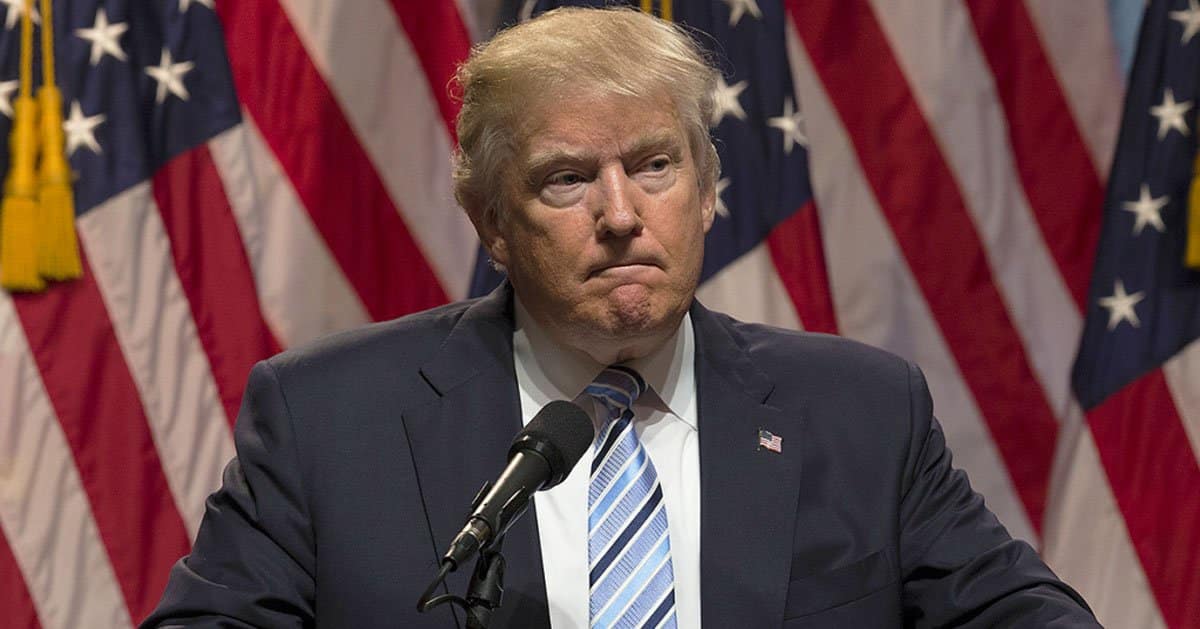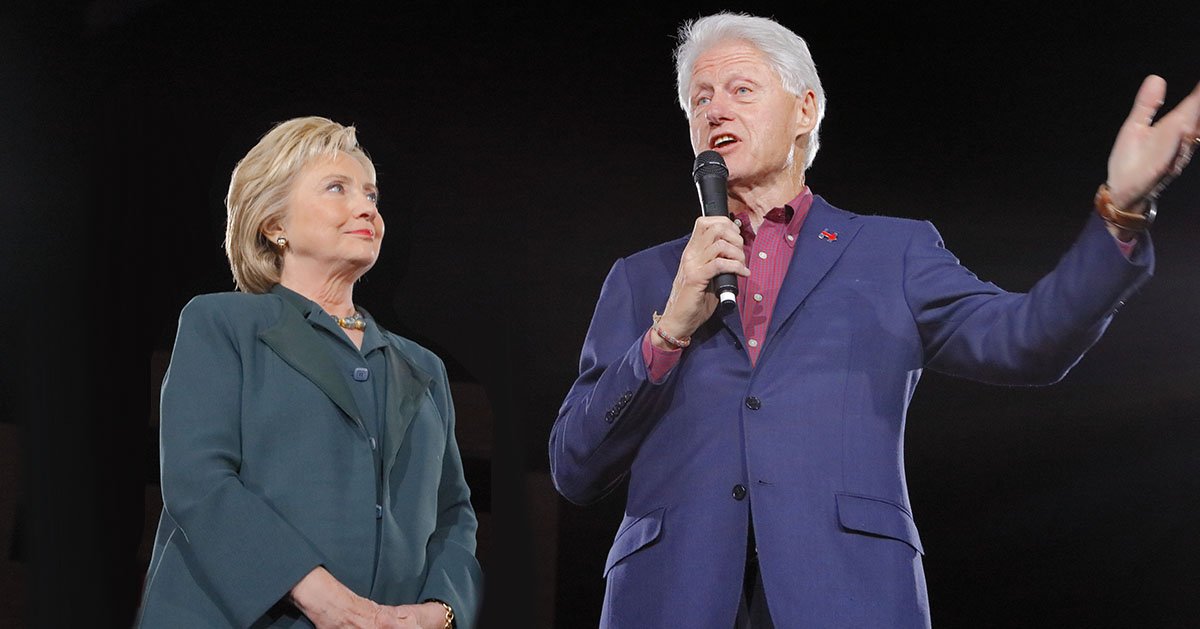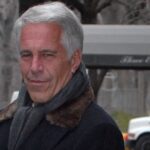








Tragedy struck South Los Angeles on Halloween night when a young man with deep ties to the city’s underworld was gunned down in a shocking act of violence.
On October 31, 2025, Jabari “Baby Uiie” Henley, the 34-year-old son of notorious Rollin’ 60’s Neighborhood Crips leader Eugene “Big U” Henley Jr., was fatally shot outside a smoke shop at the corner of 69th Street and Figueroa Street.
The incident unfolded around 11 p.m. as Henley approached a vehicle on the street, only to be met with a hail of bullets from an unidentified gunman or gunmen. First responders rushed to save him, but their efforts were in vain, and Henley was pronounced dead at the scene under the somber cover of a tarp.
As of November 2, 2025, the suspect or suspects remain at large, leaving the community on edge and law enforcement scrambling for answers. The Los Angeles Police Department has stayed tight-lipped, refusing to confirm details or speculate on whether this brutal act was tied to gang activity.
Jabari Henley wasn’t just any victim; he was the son of Eugene Henley Jr., a man whose name echoes through both the streets and the music industry as “Big U.” He was also the older brother of Daiyan Henley, an inside linebacker for the Los Angeles Chargers, a stark contrast to the family’s darker connections.
Eugene Henley Jr., now 58, has a rap sheet that reads like a crime novel, having turned himself in to federal agents in March 2025 to face charges of running a sprawling criminal network. Dubbed the “Big U Enterprise,” this alleged operation is accused of everything from murder to human trafficking and extortion across Los Angeles.
The federal racketeering complaint filed on March 19, 2025, by the U.S. Attorney’s Office named Eugene Henley Jr. as the primary target among 18 alleged Rollin’ 60s Crips members. A 43-count indictment accuses him of orchestrating a Mafia-style syndicate, complete with tax evasion and even embezzling funds from a charity meant to help the very community he’s accused of terrorizing.
One chilling accusation ties Eugene Henley Jr. to the 2021 murder of aspiring artist Rayshawn Williams, who signed with Henley’s Uneek Music label. Williams was allegedly killed after recording a song critical of Henley, his body reportedly dragged off a Las Vegas interstate and abandoned in a ditch—a grim reminder of the stakes in this world.
Acting United States Attorney Joseph McNally didn’t mince words when the charges were announced, stating, “As the indictment alleges, Mr. Henley led a criminal enterprise whose conduct ranged from murder to sophisticated fraud that included stealing from taxpayers and a charity.” That’s a damning portrait, and while progressive voices might cry “systemic issues,” let’s not ignore personal accountability in a culture too often glamorized by Hollywood.
McNally also declared, “Eradicating gangs and organized crime is the Department of Justice’s top priority.” Fine words, but conservatives might wonder why it took decades to target figures like Henley Jr., while communities suffered under the weight of unchecked crime and misguided policies that prioritize narrative over safety.
Adding a personal twist to this tragedy, music mogul Termaine Ashley Williams, known as “Luce Cannon,” broke the news of Jabari Henley’s death to Eugene Henley Jr. while both were behind bars at the Metropolitan Detention Center in LA. Williams, also named in the federal indictment, reportedly believes Jabari knew his killer, though no official confirmation backs this claim.
This shooting isn’t just a headline; it’s a window into the cycles of violence and retribution that plague parts of our cities, often ignored by those pushing soft-on-crime agendas. While empathy for a grieving family is warranted—losing a son is a pain no one should endure—the hard truth remains that environments steeped in gang influence rarely yield happy endings.
Questions linger about whether Jabari Henley’s death is tied to his father’s alleged criminal empire or if it’s a separate act of malice. Either way, it’s a sobering reminder that law and order must take precedence over feel-good policies that leave communities vulnerable.
As South Los Angeles mourns yet another loss, the silence from authorities on the motive or suspects only fuels frustration. Conservatives have long argued for tougher enforcement and fewer excuses, and cases like this underscore why: without accountability, the streets remain a battlefield, and families like the Henleys pay the ultimate price.



